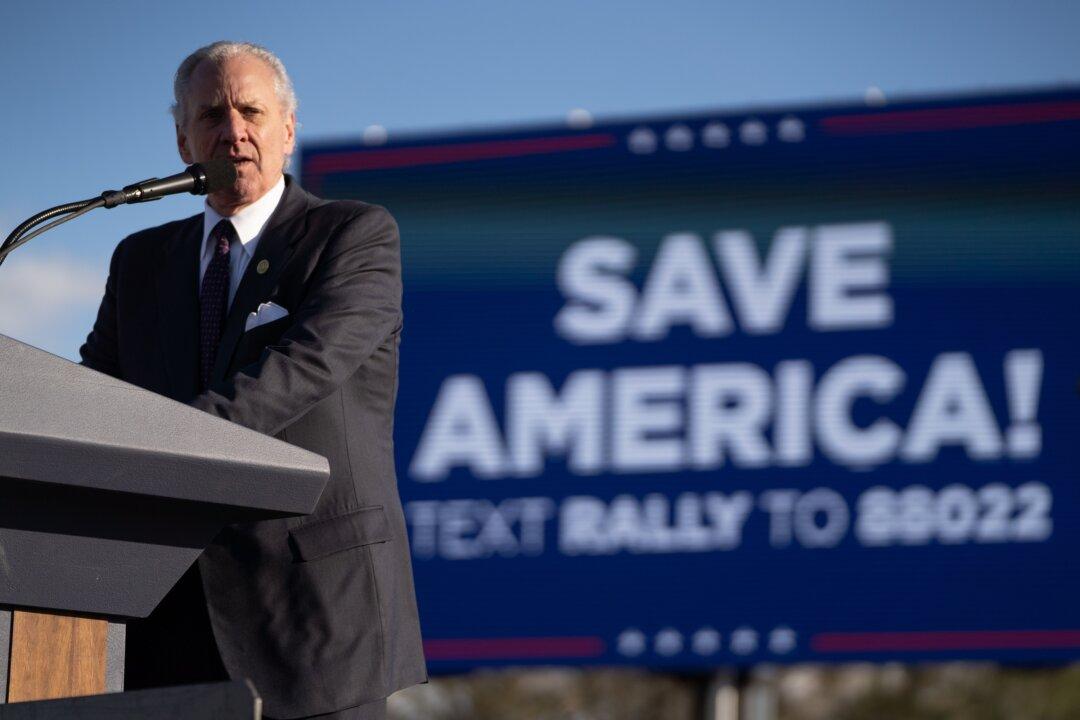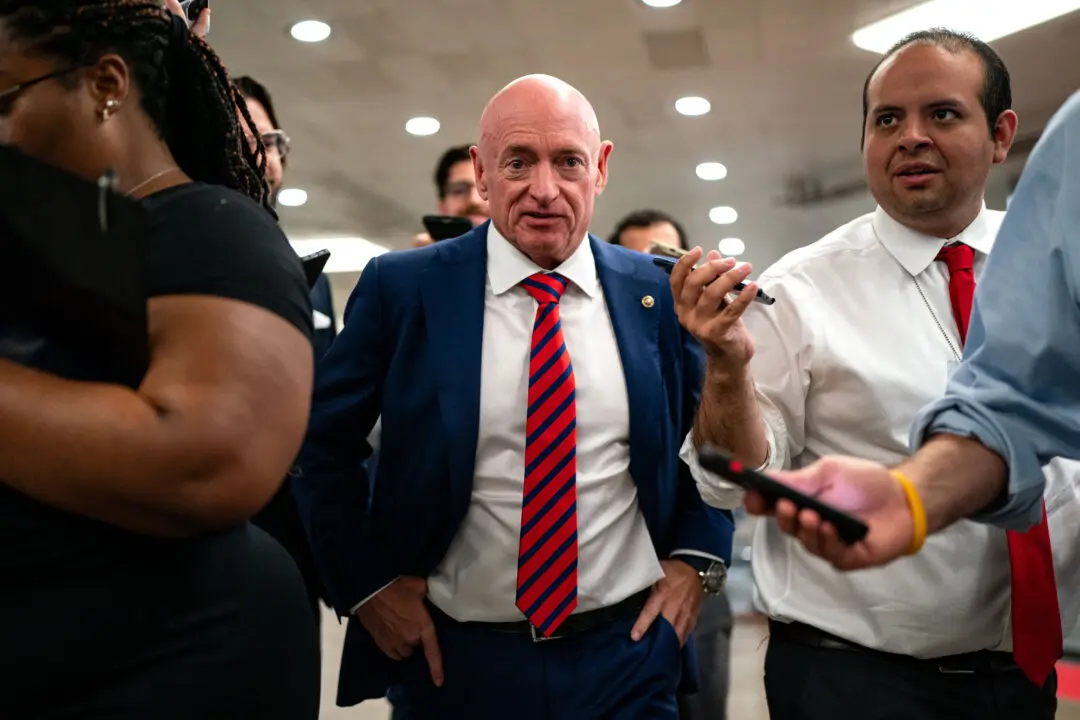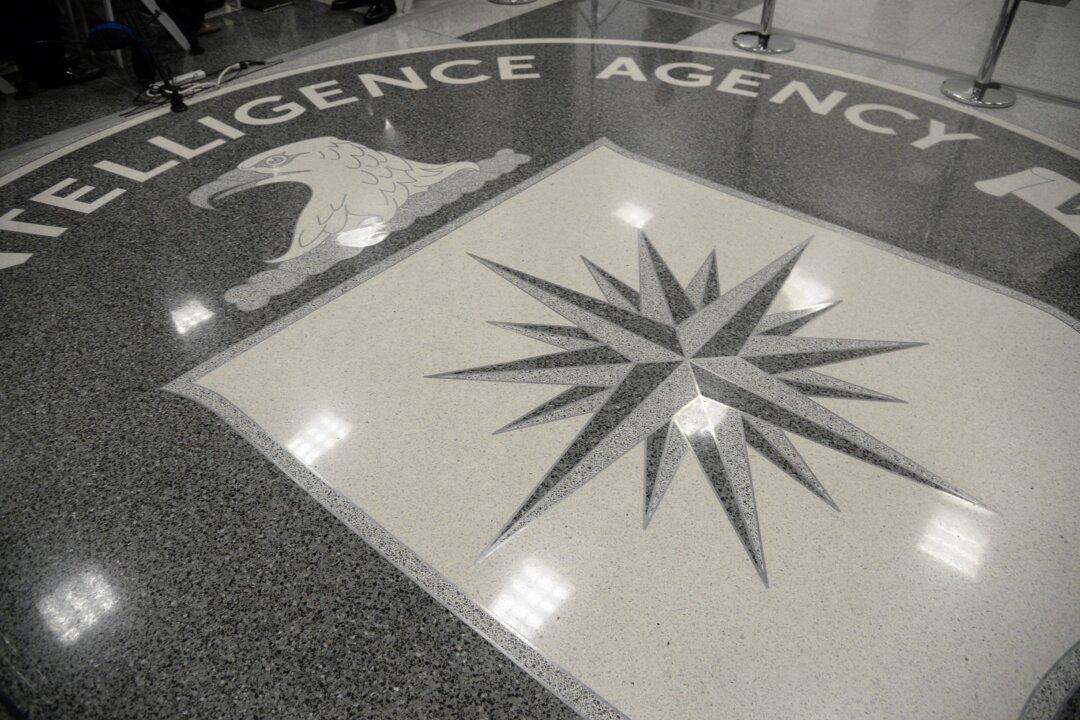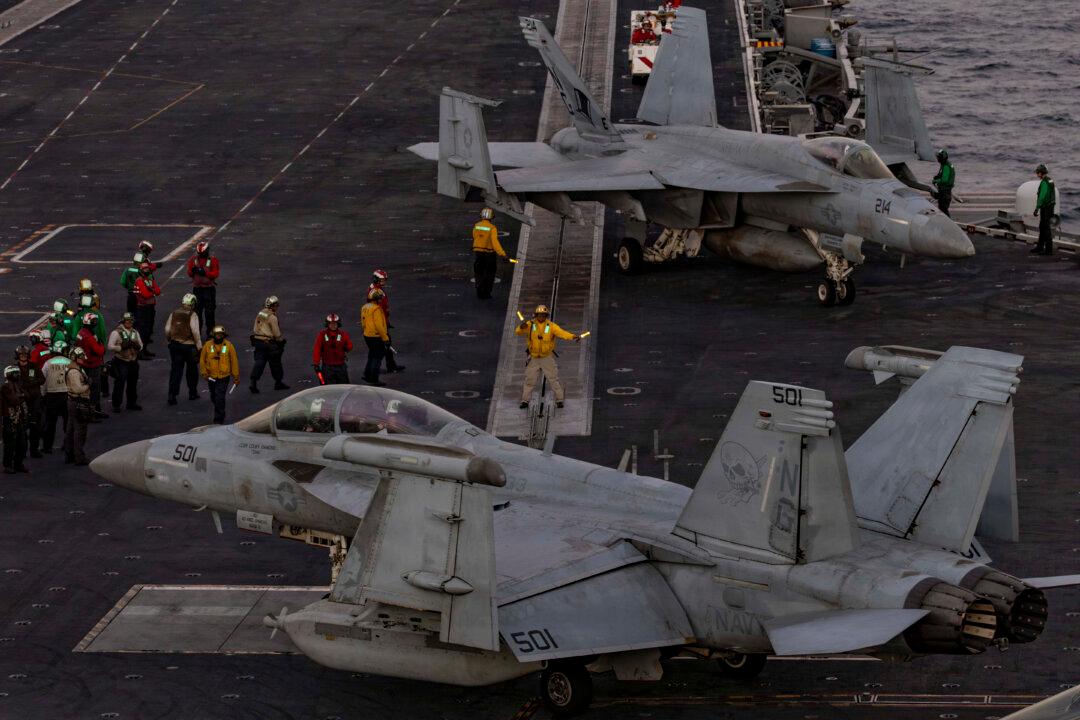South Carolina Gov. Henry McMaster is the latest Republican governor to announce he will send some of his state’s National Guard troops to the U.S. southern border.
On Wednesday, McMaster announced a plan to deploy troops to Texas, where fellow Republican Gov. Greg Abbott has been gathering resources to block illegal border crossings from Mexico.





